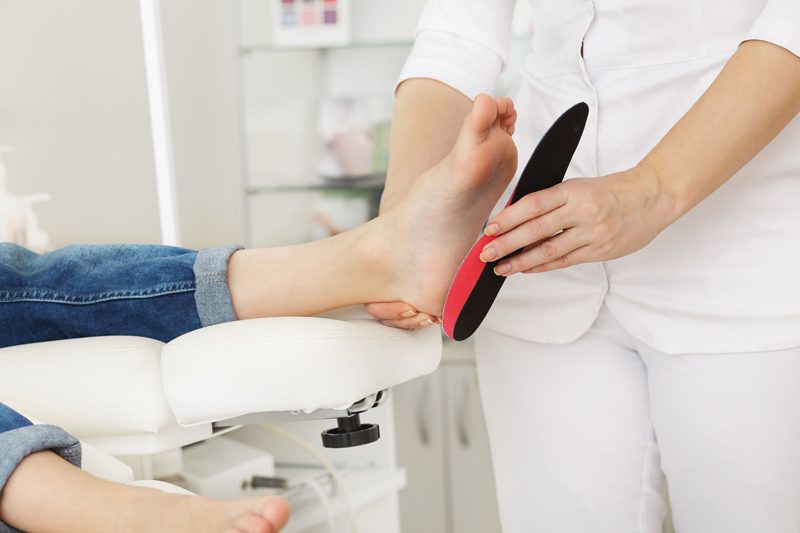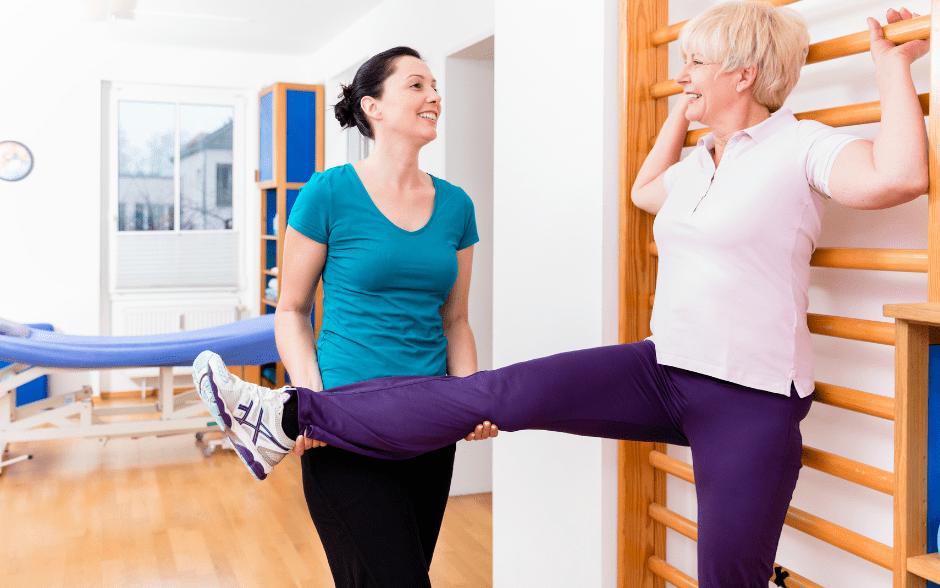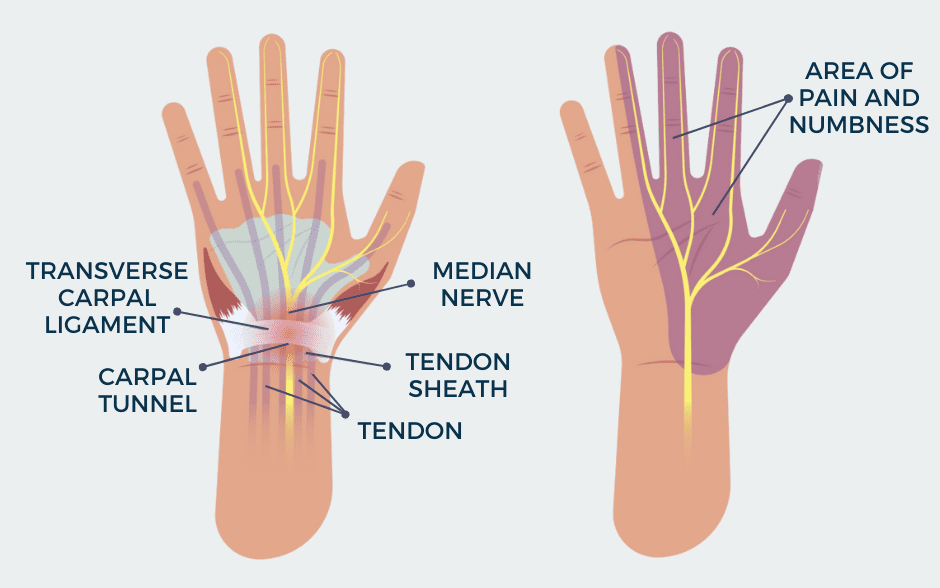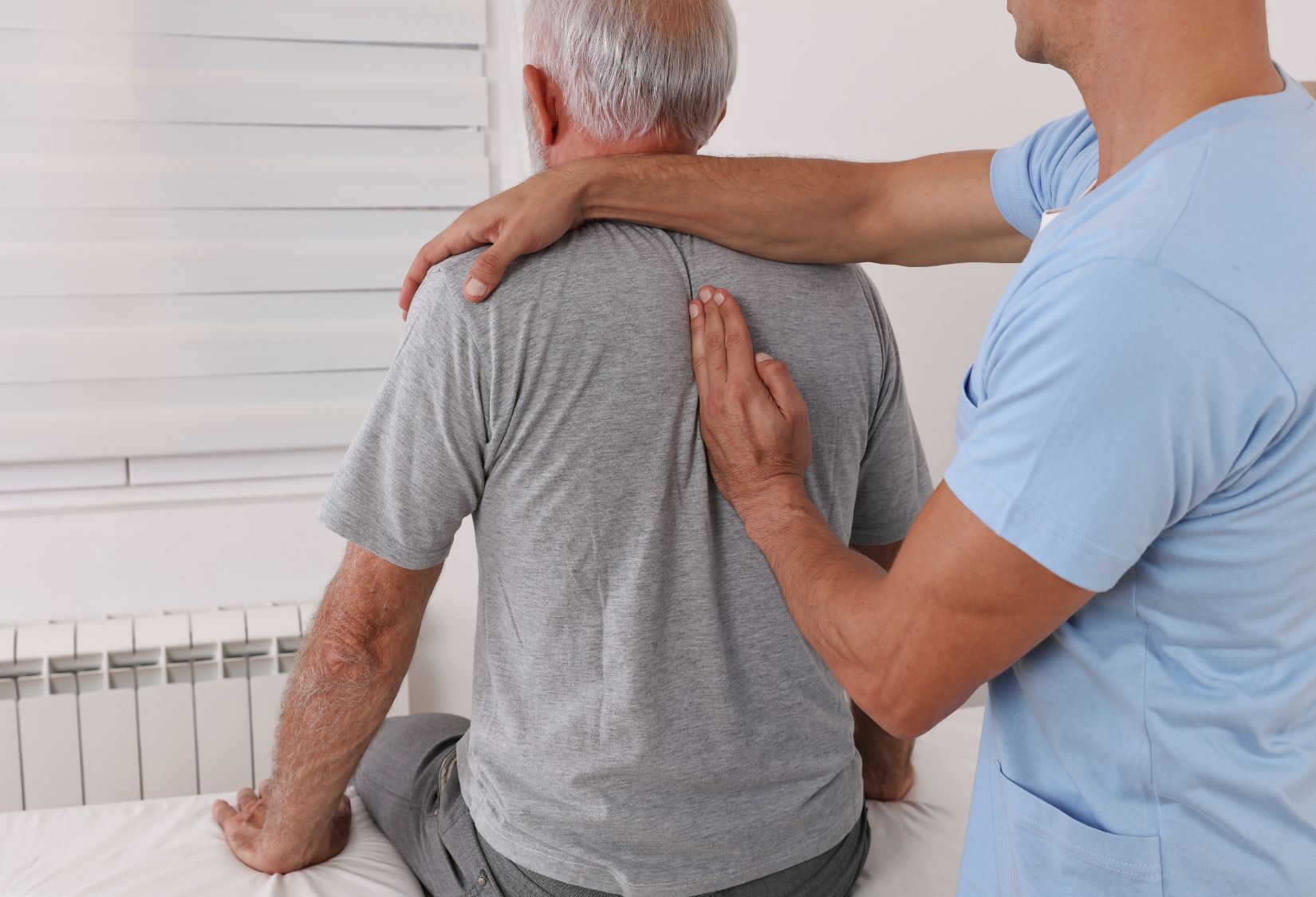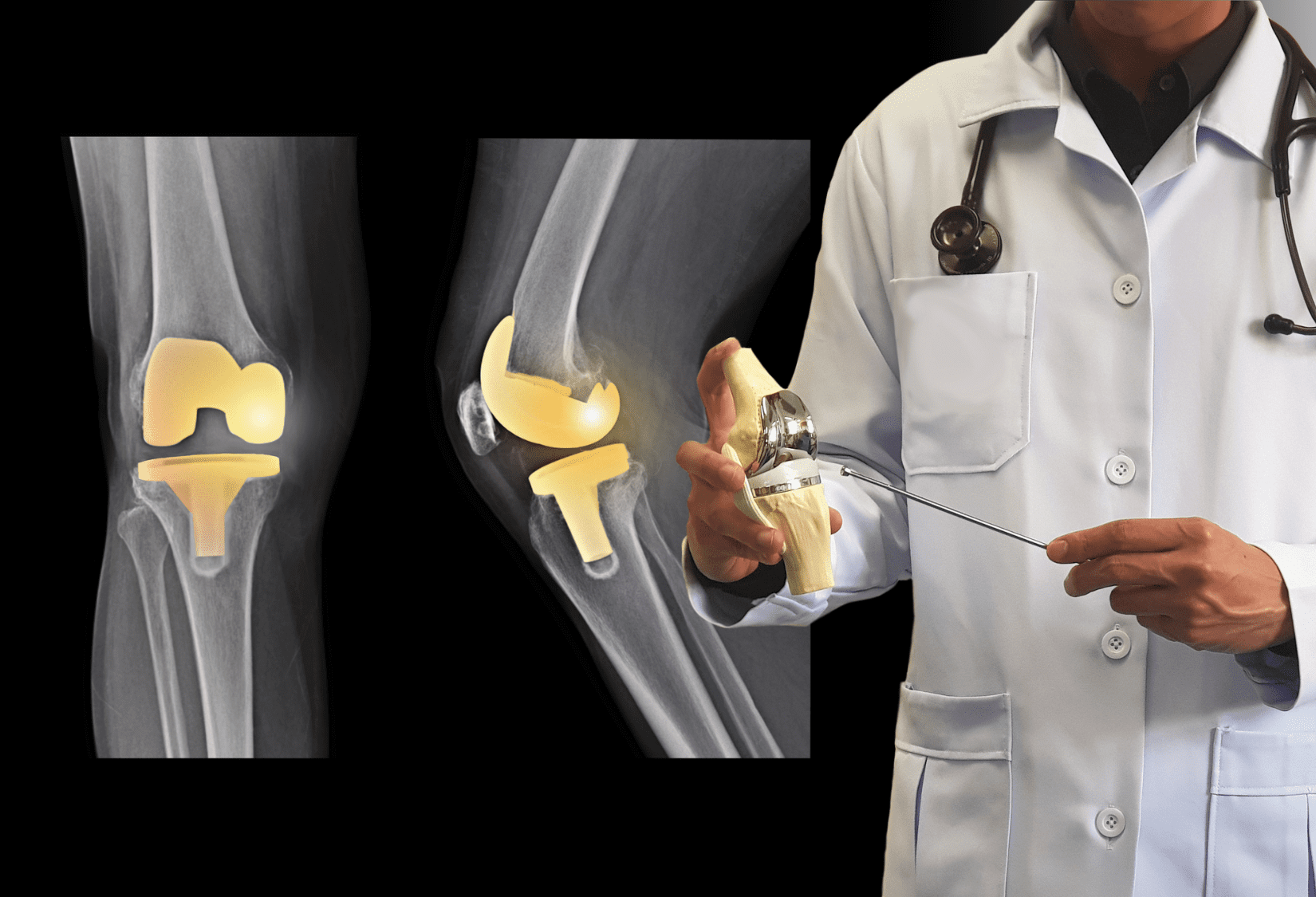While we don’t usually think much about our feet, they play a huge role in our daily functioning. They are responsible not only for our movement or support of the body but they act as shock absorbers while walking or running. Comfort and convenience of everyday functioning depend on the structure and condition of the feet, so we should take good care of them every day and, if the situation requires, start appropriate treatment or rehabilitation. Customized orthopedic insoles can help to solve some of the issues related to the feet.
Orthopedic insoles increase the comfort of walking, help to relieve pain not only of feet, but also knees, hips, and spine, correct skeletal abnormalities, and prevent posture defects. Almost 90% of people need orthopedic insoles due to various foot-related disorders, but also because of their lifestyle. People who spend more than five hours a day on their feet, those whose feet twist in or out, have a very low or very high arch, should also consider shoe inserts. They are also recommended for those actively playing sports (e.g. running, skiing, tennis, team games) as they minimize micro-injuries, ensuring a stable foot position during physical activity. However, in order to properly fulfill their functions, orthotics must be individually tailored to the needs of each person.
Indications for wearing insoles by adults:
- flat feet
- hollow foot
- hammer toes
- rheumatoid and diabetic foot
- valgus or varus feet and knees
- surgical procedures to feet, knee, and hip joints
- to reduce leg length discrepancy
- calcaneal spur
- playing sports.
Orthotics for children
Properly fitted insoles are especially important in children. Good orthotics can prevent the development of flat feet, knee valgus, or curvature of the spine. Lack of appropriate orthotics in case of foot defects in children and adolescents may lead to serious posture disorders in the future. It should be a doctor or licensed physical therapist who always should decide about the necessity of using orthopedic insoles. They must be properly fitted and customized to each child’s needs.
The most common indications for orthotics are:
- discomfort or pain in the feet
- pain in the ankle, knee, and hip joints
- back pain during physical activity
- frequent stumbling
- walking on toes
- knock knees
- persistent flat feet – age 5 and older.
Read more about foot problems here.

